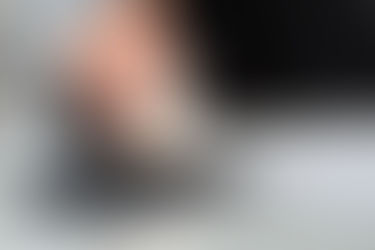

Patent Deadlines in the Shadow of COVID-19
For the past few days, I have been discussing urgent deadlines with my clients. One client had planned to file his US provisional abroad...


Why Patent Applications are Hard to Write
In my last post, Why Patent Applications are Hard to Read, I gave half the story. The other half is that patents are hard to read because...


Why Patent Applications are Hard to Read
When you want to learn about a new subject, where do you go? To a journal article? To the Wikipedia? Which source provides the clearest...


Secrets of a Patent Attorney
We patent attorneys meet inventors and tell them if we think their idea is “patentable”. But how do we know? How do we figure out what is...


Mobile Apps – an answer to the software patentability question?
Have you ever played Pokemon Go? It’s an exciting game – you see Pokemon characters superimposed on your mobile phone’s view of the world...


Provisional Patent Applications
A potential client came to me with her provisional patent application. She had written it herself and then filed it via another patent...


3D Printing and its Effect on Intellectual Property
3D printing has become popular. The digital files describing mechanical products can now be easily shared, such that ordinary...


A StartUp and its Intellectual Property – A Timeline
* Published in the Jerusalem Post, 28Sep15 Amir and Yossi have a new idea for an interesting mobile app, one they think will go viral...


Registering Patent Ownership
You’d think that ownership of Intellectual Property is the business of lawyers. After all, they handle the contractual relationships...


Should You Patent Your Invention, Part 2
In a previous post, I talked about the importance of filing a patent application if you have an innovative product. But what should you...



